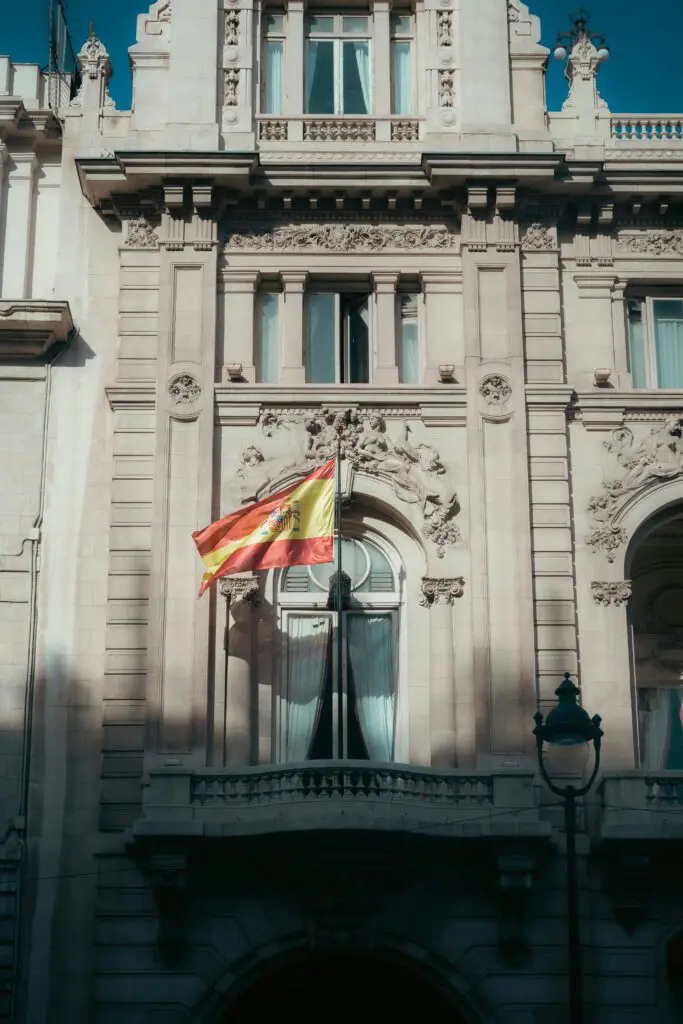Our Managing Partner at Del Canto Chambers, León Fernando del Canto, has published at the Spanish economic journal “Cinco Días” an article on Spanish Tax Agency’s inspection activities in the Andalusian “Costa del Sol”, mostly headed against high-purchasing-power foreign residents:
Spanish treasury and foreigners in the Costa del Sol
“The state coffers are empty. Nothing new under the sun. But let’s focus on the circumstance which has made the news recently: less than a week ago, the Executive once again got their hands on the sacred Reserve Fund of Social Security, risking being the object anew of the wrath of people. In this context, it is not difficult to imagine the prevailing mantra in the Ministry of Treasury: raise money.
Maybe it’s a coincidence, or maybe it’s precisely the opposite, but in its fight against tax fraud, the Tax Agency is stepping up its inspections especially in relation to real property registered in the name of companies, particularly in residential areas of Marbella and Sotogrande, which, as is known, are prime locations where many foreign residents, mostly British, acquire properties as second homes.
In its Tax Control Plan for 2015, the Tax Agency stated that it would conduct “actions targeting at exposing hidden economic activities and income (…) reinforcing visits on site” with the aim of detecting rents not declared by commercial companies owning such property, among other possible evasive behaviour. And in these luxury developments, where average rents can be around 6,000 euros, having all the documentation in order is very difficult for a taxpayer who does not know our language and much less our complex Administration.
So, probably as a result of this ignorance, they are imposing very high penalties to the owner of the company that owns the housing based on alleged rentals –non-existent-, forcing those affected to enter into agreements with Treasury in order to escape further sanctions, although in reality there is no economic activity taking place whatsoever.
Everybody is aware that the Costa del Sol is a niche for a Tax Agency which behaves like a blood donation bank for a State permanently bleeding. According to the Tax Agency in 2014 non-resident foreigners in the Costa del Sol paid about 71 million euros in taxes and already in 2015 acquired a total of 1,288 houses in the province of Malaga, 10.9% more than in the previous year.
Consequence? The inspection pressure has increased in recent years. Two examples are enough to illustrate the above statement. The first takes us to 2014, when the tax office began an operation to search for undeclared properties and residential complexes in 28 towns in the province of Malaga. Although it is not necessary to go that far. Earlier this year Operation Davy Jones, in which a Dutch citizen was arrested for defrauding no less than 25 million euros, concluded.
Given the above, it is not surprising that many advisors understand that, without compromising the necessary, healthy and commendable fight against tax evasion, tax policies to attract and facilitate investment in Spain should de developed, instead of pursuing in such an impetuous and vehement way many taxpayers, negatively affected by the current legislation and, above all, by the aggressive interpretation made by means of inspections.
However, reality is stubborn and strives to contradict common sense, which in regard to taxation seems to be the least common of the senses. That obstinate reality insists on making confiscatory policies prevail, expanding these powers significantly for an anaemic Treasury which, in the absence of policies that encourage and attract international investment, keeps bleeding an already poor economy.
Initiatives such as the misunderstood Beckham Law, the extinct holding companies and the poorly developed Golden Visa scheme (nationality for foreigners who invest more than 500,000 euros in our country) should all be reoriented to make them really attractive in the face of an investor that, given the global instability, is still unconscious enough to look favourably to our country. Meanwhile, advocacy and tax lawyers will continue trying to defend those who still dare to invest in our country and therefore our future”.
Leon Fernando del Canto is Managing Partner of Del Canto Chambers
Translated by María Arcenegui Siemens.








